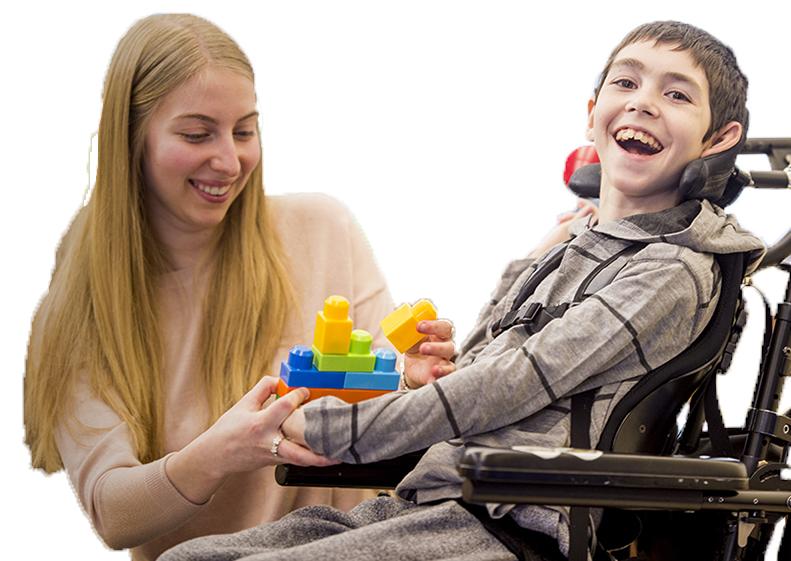Resources Directory
Search below to find a hospital, doctor, therapy, and more

Cerebral Palsy International Research Foundation
"The Cerebral Palsy International Research Foundation (CPIRF) is a not for profit 501(c)3 organization dedicated to funding research and educational activities directly relevant to discovering the cause, cure and evidence based care for those with cerebral palsy and related developmental disabilities. Since our founding in 1955, CPIRF has contributed more than $40 million for research grants to support approximately 500 research projects in the biomedical and clinical sciences and in bioengineering. The Foundation has provided guidance, funds and other resources to research programs in the United States, the Middle East, Canada, the UK, Australia, and Greece as part of its global commitment to research and medical discoveries. Our website offers access to over 160 “research fact sheets”, web casts of scientific workshops, current and past research projects as well as discussion forums regarding treatments currently available for CP. CPIRF also contributes to national and international meetings and organizes scientific workshops designed to identify research opportunities and provide state of the art knowledge concerning CP prevention, cure and care.
Our History
The United Cerebral Palsy Foundation (UCPA) was founded in 1948 by Leonard & Isabelle Weinstein Goldenson and by Jack & Ethel Hausman, because there was inadequate health care available to the thousands of babies and children with birth defects. In 1955, the same founding families of UCP created the UCP Research and Education Foundation Inc (UCPREF), now known as Cerebral Palsy International Research Foundation (CPIRF).
The mission of CPIRF is 3-fold: to fund research (for cure, care and best practices), to advocate for more Federal support for research relevant to developmental disabilities, and to foster superb educational programs in medical schools so that the next generation of children with developmental impairments would have knowledgeable doctors, nurses and therapists prepared to care for them.
Since its founding, CPIRF has been instrumental in contributing to the elimination of several causes of cerebral palsy: German measles, kernicterus, and maternal – fetal blood type incompatibility. While these discoveries were significant, the number of new cases of cerebral palsy has increased 25% over the last decade. Societal changes such as improved survival of premature infants and increased numbers of multiple births due to fertility treatments have impacted the increase. There are an estimated 10,000 new cases of cerebral palsy each year… and yet public funding for CP research has remained flat.
The causes of developmental disorders have changed, and our ability to care for and improve the quality, independence and length of life of those with cerebral palsy is becoming more challenging, thus research is more important than ever.
CPIRF provides financial support to rigorously reviewed, scientifically important research relevant to cerebral palsy and other developmental disabilities. CPIRF also provides medical expertise as requested by other organizations. CPIRF serves as a resource for the international public, clinicians and policy-makers about best health care practices, prevention and curative strategies for cerebral palsy.
CPIRF is also focusing its attention on research directed at issues of early diagnosis, mechanisms of nervous system injury and repair, regenerative treatments, neurological rehabilitation, orthopedic rehabilitation and engineering solutions as well as research to prevent the secondary neuromuscular, musculoskeletal and cardiovascular complications seen in adults with cerebral palsy.
There are approximately 1 million children and adults in the USA with cerebral palsy and related developmental disabilities, more clinical and basic biomedical research is urgently needed for improving neurological functions, preventing medical complications, and optimizing quality of life in these individuals from infancy through adulthood. "
